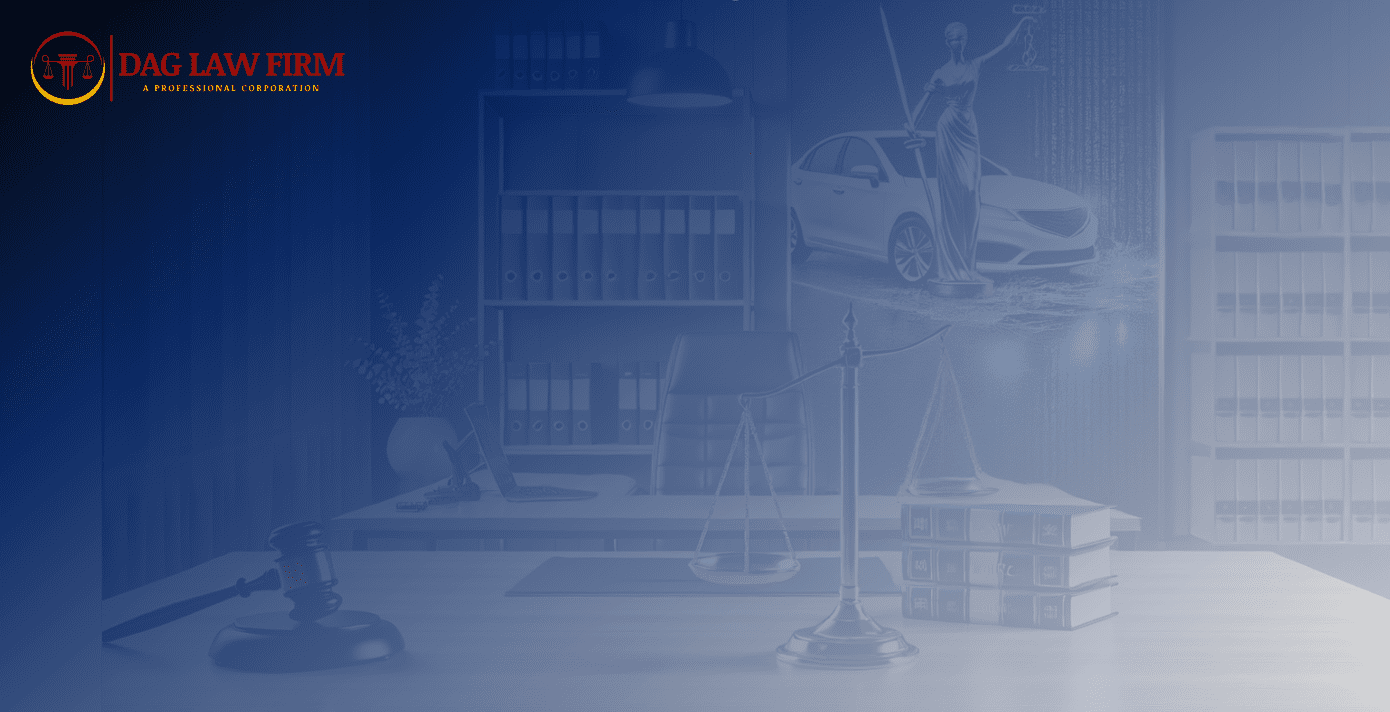Understanding Negligence in Personal Injury Claims
When accidents happen, it can be overwhelming to comprehend the legal processes involved in seeking compensation for personal injuries. At DAG Law Firm, we bring extensive expertise to handling personal injury and accident claims, offering unparalleled guidance, counseling, and securing financial compensation for our clients. With a deep recognizing of the complexities involved, we provide personalized support every step of the way, ensuring you fully comprehend each aspect of the legal process. Whether you seek advice or action, count on us to represent your interests and address your distinct needs with unwavering dedication and diligence.
What is Negligence?
Negligence is a key factor in personal injury cases, and recognizing its implications is crucial for those seeking legal recourse after an accident. In the context of personal injury law, negligence refers to the failure to act with the proper care that a reasonable person would exercise in similar circumstances. When negligence leads to an accident resulting in injuries, the victim may be entitled to compensation for their damages.
Proving Negligence in a Personal Injury Claim
When pursuing a personal injury claim, proving negligence is essential to build a strong case for compensation. The following elements are typically considered in establishing negligence:
– Duty of Care: The plaintiff must demonstrate that the defendant owed them a duty of care. In the context of personal injury cases, this means showing that the defendant had a responsibility to act in a manner that would not cause harm to others.
– Breach of Duty: It must be proven that the defendant breached their duty of care by failing to act as a reasonably prudent person would in the same situation. This could involve actions such as reckless driving, medical malpractice, or failure to maintain safe premises, among others.
– Causation: There must be a clear link between the defendant’s breach of duty and the plaintiff’s injuries. It is crucial to establish that the defendant’s actions directly caused or significantly contributed to the plaintiff’s damages.
– Damages: The plaintiff must have suffered measurable damages as a result of the defendant’s breach of duty. These damages can include medical expenses, lost wages, pain and suffering, and more.
Can You Waive Negligence?
It’s important to understand that in personal injury cases, negligence is a fundamental aspect of establishing liability and seeking compensation. However, there are instances where a party may attempt to waive negligence or limit their liability through various legal means. Here are some common scenarios where the concept of waiving negligence may arise:
– Contracts: In some cases, individuals or entities may include waiver clauses in contracts that attempt to release them from liability for negligence. It’s vital to carefully review any such clauses, as they may not always hold up in court, especially if they are deemed to be unconscionable or against public policy.
– Assumption of Risk: In certain situations, individuals may be considered to have assumed the risk of certain activities, thereby waiving their right to hold others liable for negligence. This often occurs in recreational and sports-related activities, where participants acknowledge and accept the inherent risks involved.
– Contributory or Comparative Negligence: Some states follow contributory negligence laws where a plaintiff may be barred from recovery if they are found to have contributed to their own injuries. In other jurisdictions that follow comparative negligence rules, the plaintiff’s recovery may be reduced based on their degree of fault.
It’s important to note that the specifics of waiving negligence can vary based on state laws and the unique circumstances of each case. Seeking legal guidance from experienced personal injury attorneys is crucial to recognizing your rights and navigating the complexities of negligence waivers.
Conclusion
Navigating the legal intricacies of personal injury claims, especially when it comes to establishing negligence and addressing potential waivers, requires the expertise of seasoned legal professionals. At DAG Law Firm, we are dedicated to helping personal injury victims in Lomita, Los Angeles County, California, secure the compensation they deserve. Schedule an appointment today and let our team guide you through the complexities of your case, ensuring that your distinct needs are met with unwavering dedication.



